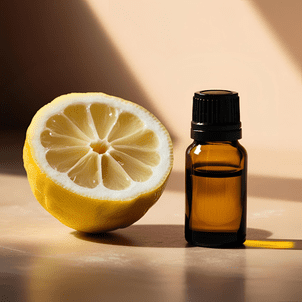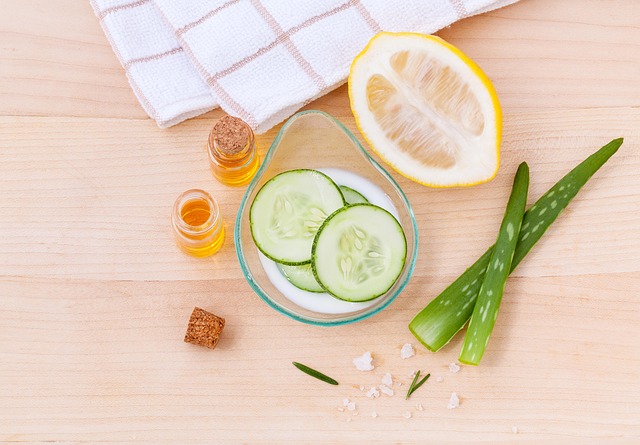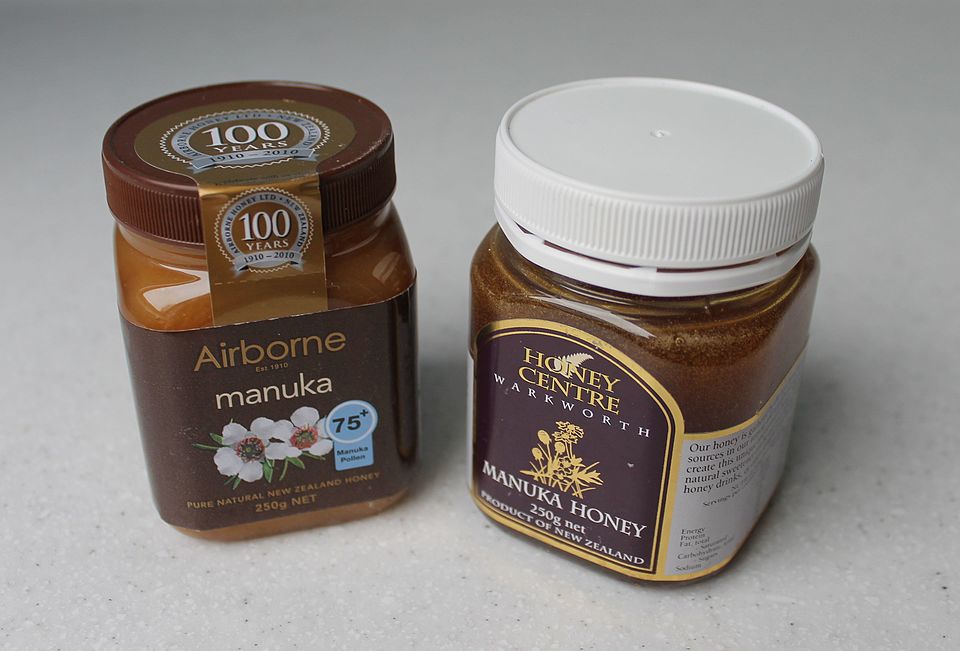Acne is a common skin condition that affects millions of people worldwide, particularly teenagers and young adults. Many people turn to natural remedies to alleviate its symptoms. One popular home remedy often mentioned is lemon, due to its potential antibacterial, anti-inflammatory, and exfoliating properties. But does lemon really help against acne? Let’s explore the science behind this claim.
The Properties of Lemon That May Benefit Acne
Lemon is rich in several nutrients that can contribute to improving skin health. The primary properties of lemon that are thought to help with acne include:
Vitamin C:
Lemons are rich in vitamin C, a key ingredient that protects and heals your skin. It acts as an antioxidant, fighting off environmental damage like pollution that can worsen acne. Vitamin C also boosts collagen production, which helps your skin repair itself and smooth out acne scars. Plus, it brightens dark spots left behind by pimples, giving your complexion a more even tone.
Citric Acid:
Citric acid in lemons works like a gentle exfoliant, clearing away dead skin cells that can clog pores and cause breakouts. It helps your skin renew itself faster, smoothing out rough texture and fading acne scars. As a natural astringent, citric acid also tightens pores, which can reduce oiliness and keep your skin looking fresh.
Limonene:
Lemons contain antibacterial compounds like limonene, which target the bacteria that cause acne, such as Propionibacterium acnes. These compounds help clean your skin by reducing harmful bacteria, preventing new pimples, and speeding up the healing of existing ones.
Flavonoids:
Lemons are full of flavonoids, natural compounds that calm your skin. They reduce redness, swelling, and discomfort from inflamed pimples, especially the sore, angry ones. By soothing irritation, they help your skin look less red and lower the chance of scars forming, making them great for sensitive or acne-prone skin.
How to Use Lemon for Acne Treatment
Lemon Juice as a Toner:
One popular method is applying fresh lemon juice directly to the skin as a toner. To do this, dilute lemon juice with water (to avoid irritation), and use a cotton ball to apply it to areas affected by acne. Leave it on for 5-10 minutes before rinsing off with warm water.
Lemon and Honey Mask:
Honey is known for its antimicrobial properties, and when combined with lemon, it can help soothe the skin and reduce inflammation. Mix a tablespoon of honey with a few drops of lemon juice and apply the mixture to the affected areas. Leave it on for about 15 minutes, then rinse off with warm water.
Lemon Exfoliant:
To use lemon as an exfoliant, mix lemon juice with sugar or baking soda to create a gentle scrub. Apply it to your skin in circular motions to exfoliate, but be cautious not to overdo it, as too much exfoliation can irritate sensitive skin and make acne worse.
Tips for Using Lemon Safely
- Always Dilute: Lemon juice is acidic, so mix it with water, honey, or aloe vera to avoid irritation or stinging.
- Patch-Test First: Apply a small amount to your wrist to ensure your skin doesn’t react before using it on your face.
- Use Sparingly: Limit to 1–3 times a week to prevent dryness or sensitivity.
- Avoid Sunlight: Lemon can make your skin sensitive to the sun, which might cause dark spots or burns. Apply sunscreen (SPF 30+) during the day after use.
- Moisturize After: Use a gentle, non-clogging moisturizer to keep your skin hydrated and protected.
Final Thoughts
Lemon’s vitamin C, citric acid, antibacterial properties, and anti-inflammatory flavonoids make it a fantastic natural remedy for acne-prone skin. It fights pimples, clears pores, calms redness, and fades scars—all from a simple fruit! Use it carefully with dilution and sun protection to get the best results.
….




